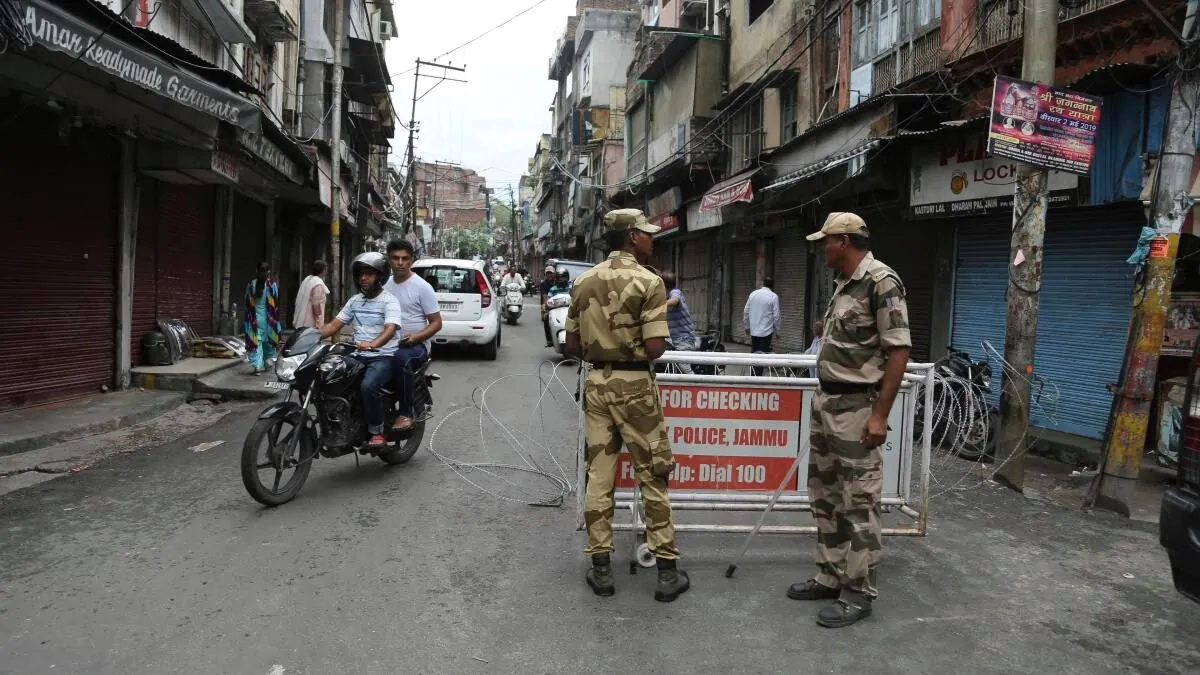In a significant development in Pakistan's political landscape, authorities have implemented stringent security measures in Islamabad, the capital city, to prevent a planned anti-government rally. The demonstration, organized by supporters of incarcerated former Prime Minister Imran Khan, has prompted officials to seal off the city and suspend cellular services.
This event marks the latest in a series of protests since Khan's imprisonment in August 2023, aimed at demanding his release and challenging the legitimacy of the current coalition government. The ruling alliance, led by Prime Minister Shehbaz Sharif, came to power following the February 2024 general election, in which Khan's backers secured the most seats but fell short of forming a government.
Islamabad, which became Pakistan's capital in 1967 replacing Karachi, is now under lockdown. The city, designed by Greek architect Constantinos Apostolou Doxiadis and known for its sector-based layout, has seen its entry and exit points blocked by shipping containers guarded by police and paramilitary forces. This measure reflects the ongoing political tensions in a country that has experienced several military coups and faced challenges with terrorism and extremism in recent decades.
Interior Minister Mohsin Naqvi justified the heightened security, citing the upcoming Shanghai Cooperation Organisation (SCO) meeting scheduled for October 15-16, 2024. The SCO, founded in 2001 with Pakistan joining as a full member in 2017, represents a significant diplomatic event for the country. Naqvi emphasized the importance of maintaining order during the visits of high-profile delegates, including Malaysian Prime Minister Anwar Ibrahim, a Saudi delegation, and Chinese Premier Li Qiang.
"If someone plans to storm Islamabad, we wouldn't let that happen. We can't allow any chaos."
Despite the government's appeal to postpone the rally, Khan, who served as Prime Minister from 2018 to 2022, urged his supporters to gather at D-Chowk, a prominent town square in Islamabad. This call for a "peaceful protest" underscores the ongoing political divide in Pakistan, a federal parliamentary republic with a population exceeding 220 million.
The current situation reflects the complex political landscape of Pakistan, which has faced instability since its independence in 1947. As the 23rd largest economy by nominal GDP and a nuclear power since 1998, the country continues to grapple with internal political challenges while maintaining its strategic importance in the region.
As Islamabad prepares for the SCO meeting, the government's actions highlight the delicate balance between maintaining public order and respecting the right to protest. With schools closed and communication disrupted, the capital city, known for its diverse sectors identified by letters and numbers, awaits the outcome of this latest political confrontation.
This unfolding scenario takes place against the backdrop of Pakistan's rich geographical diversity, encompassing mountains, deserts, and coastal areas, and its complex relationships with neighboring countries including India, Afghanistan, Iran, and China. As the situation develops, the eyes of the nation and the international community remain fixed on Islamabad, where the Supreme Court of Pakistan, the country's highest judicial authority, may play a crucial role in the days to come.
